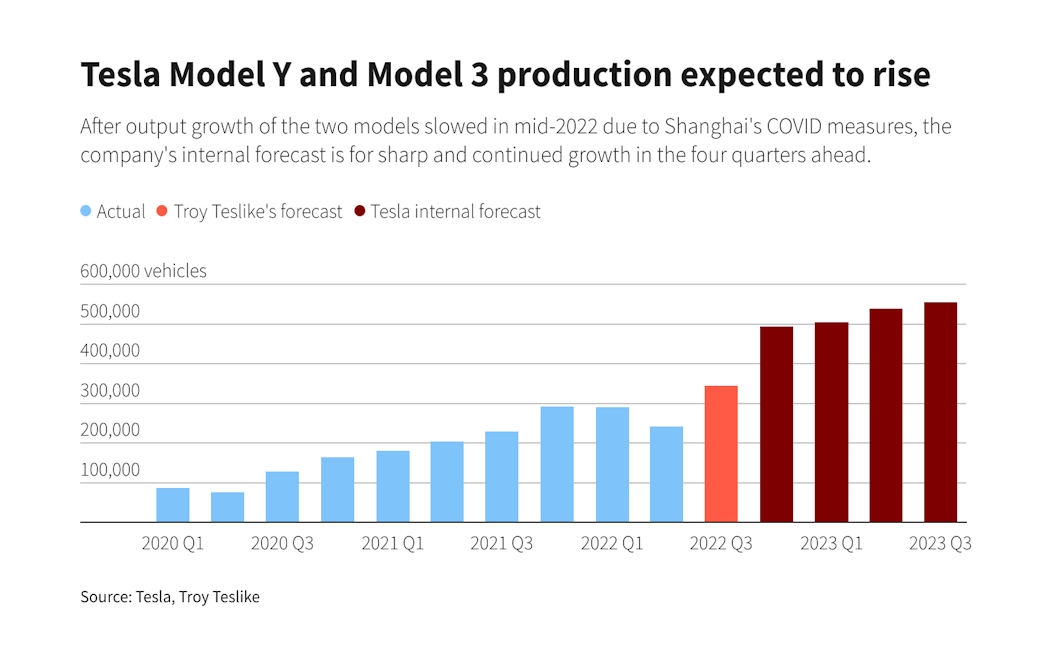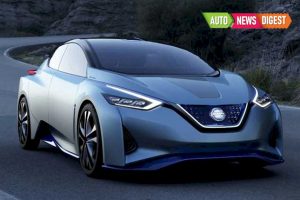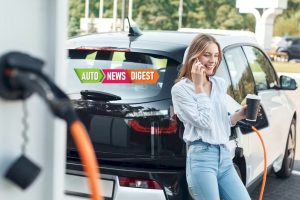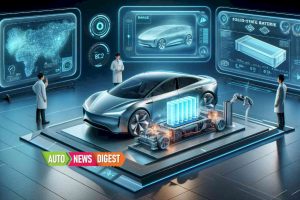As more automakers introduce electic vehicles (EVs), they’re rethinking their main competitive strategy versus Tesla, including the sales process where selling new vehicles largely online (although not completely).
Tesla was among the first automakers to embrace online sales for a large portion of its business, though it still has physical retail dealerships, local informational showrooms and service shops.
A greater shift online may limit the role of dealers and take away their agility to sales and in particular customer relationship. By moving the sales process to online interactions (and of course telephone conversations) dealerships will be confined in their control over their business and they will be simply processing, maintenance and as delivery centers going forward and eliminate the need for large lots of cars that they then sell to consumers. This, no doubt, will also hit their profit margin as their role in the process is diminished more and more.
While industry analysts still assume that the franchise system remains in place even for EVs by traditional automakers, they will have no choice but to find ways to reengineer and tweak the online sales process to be more advantageous competitively.
Automakers believe doing so will provide consumers a more streamlined and cohesive sales process, but they also consider the dealers to be their partners and to offer “strategic advantages” when it comes to other sales and maintenance issues.
As Tesla sales grow bay around 47% in 2022 and going strong in 2023, Automakers and dealerships have already begun to restrategize their online sales approaches in order to compete with Tesla.
Automakers and dealerships can enhance their online sales experience to make it more user-friendly and efficient, as Tesla has and without this, they will continue to fall behind when it comes to online sales and promotion. This may include offering virtual test drives, providing more detailed information about the vehicles, incoporation F&I products into the online sales process, and streamlining the purchase process.
Tesla’s success is largely due to its focus on electric vehicles. Other automakers are already investing in their own electric vehicle development and technology but they also have to include dealerships in the process of offering a range of EV models to consumers.
Automakers and dealerships can work together to respond by offering very smart pricing strategies and incentives to attract customers, to compete with Tesla’s existing reputation for offering competitive pricing and incentives for its vehicle
Tesla has built a strong brand image that appeals to a specific target audience. Other automakers and dealerships have to focus on building their own brand image to appeal to different customer segments. In fact, Ford already has and it is seeing the dividends with increased sales and profitability.
Automakers and dealerships also need to work together to develop a comprehensive online marketing strategy that includes content marketing, social media, email marketing, and targeted advertising as well as using 3D and virtual reality to promote cars if they have to replace showrooms where they meet and greet customers.
As Lexus has proven again and again, the name of the game is exceptional customer service. An utomaker that offers a superior service to customers wins the brand strategy. Automakers and dealerships can compete better agains Tesla by providing similar levels of customer service, such as offering convenient service options, responding to customer inquiries quickly, and providing personalized support.
Overall, automakers and dealerships can take a variety of steps to compete with Tesla’s online sales approach, including improving their online sales experience, investing in electric vehicles, offering competitive pricing and incentives, building a strong brand image, developing a comprehensive online marketing strategy, and providing exceptional customer service.









